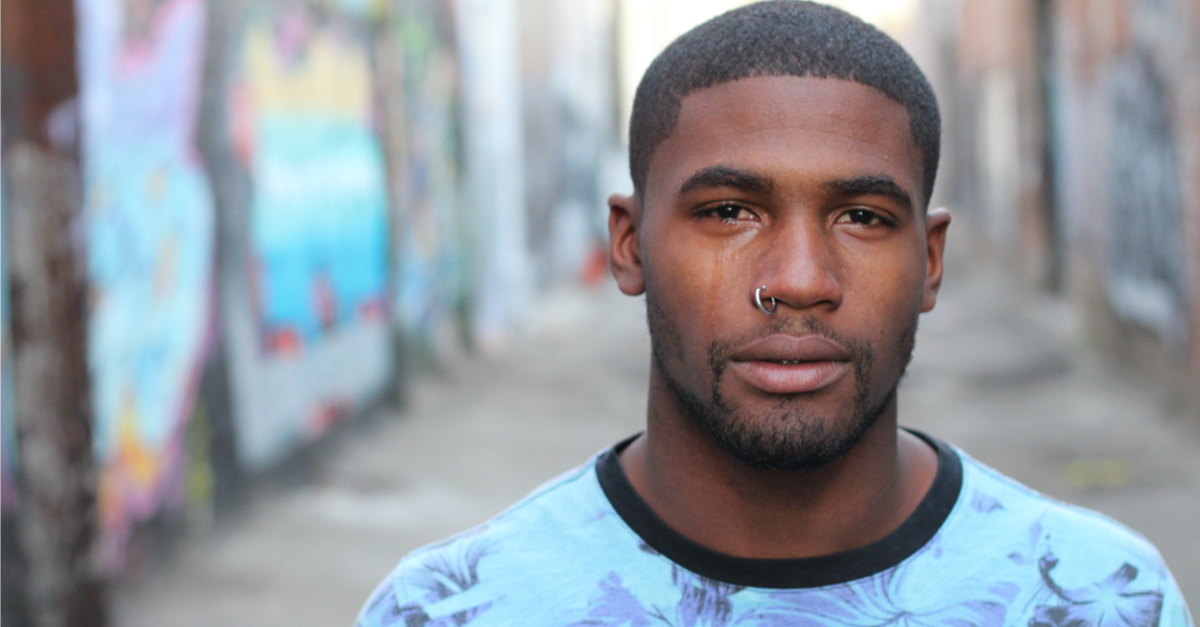For most sex and porn addicts, negative core cognitions are an integral component of the addictive process, helping to support a shame-based sense of self. For gay, lesbian, and bisexual sex and porn addicts, these non-affirming views of self often manifest as internalized homophobia, which typically results from social and familial non-acceptance and non-support.
Thus, it is unsurprising that some (though by no means all) LGBT sex addicts also present in treatment with ego-dystonic (self-loathing) feelings related to their sexual orientation. In other words, they wish that they were not attracted to members of the same sex. Ultimately these addicts must be treated for their negative feelings related to their sexual orientation as well as their problematic patterns of compulsive sexual behavior.
That said, containment of addictive sexual behaviors should always be the initial intervention and treatment focus. When dealing with sex and porn addiction, secondary issues, including ego-dystonia about sexual orientation, should be acknowledged early in the process (as a form of shame reduction), but in-depth exploration and processing should be postponed until the addict is stabilized and a modicum of sexual sobriety has been established.
Under no circumstances should a clinician ever try to alter a client’s sexual orientation. Sexual orientation is fixed, and any attempts to change it are pointless. Gay men are sexually and romantically attracted to other men, lesbians are sexually and romantically attracted to other women, bisexuals are sexually and romantically attracted to both genders, and heterosexuals are attracted to the opposite sex – and no amount of aversion therapy, talk therapy, social pressure, or prayer is going to change that.[i] “Gay conversion therapy” just plain does not work. Certainly a person can choose to not act on his or her same-sex attractions, but that doesn’t make those attractions go away. The American Psychological Association states this rather clearly, writing:
[People] cannot choose to be either gay or straight. For most people, sexual orientation emerges in early adolescence without any prior sexual experience. Although we can choose whether to act on our feelings, psychologists do not consider sexual orientation to be a conscious choice that can be voluntarily changed.[ii]
Sadly, in addition to being a waste of time and money, attempts to change a person’s sexual orientation may actually be quite harmful, especially to young people (who are sometimes involuntarily subjected to these “treatments”). For the most part, this damage is caused by gay conversion therapy’s inherent reinforcement of societal prejudices against homosexuality.
In one study looking at the effects of social and familial rejection on gay and lesbian youth, researchers found that gay and lesbian kids who experience significant feelings of rejection because of their sexual orientation – such as what occurs with gay conversion therapy – are three times as likely to use illicit drugs, six times as likely to report high levels of depression, and eight times as likely to attempt suicide.[iii] Recognizing these dangers, several states have passed laws outlawing the practice of gay conversion therapy on minors, and virtually every major medical and psychotherapeutic professional organization has issued a statement condemning it.
At the end of the day, sex/porn addiction and sexual orientation are unrelated. Sex and porn addiction have nothing whatsoever to do with who or what it is that turns a person on. Instead, sex and porn addiction are defined based on the same three factors as every other form of addiction:
- Ongoing obsession/preoccupation with the drug/behavior of choice
- Loss of control over use (typically evidenced by multiple failed attempts to quit or cut back)
- Directly related negative life consequences
This means that LGBT sex and porn addicts are not compulsively sexual because of their sexual orientation. Rather, they are compulsively sexual as a way to self-soothe stress, emotional discomfort, and the pain of underlying psychological issues like anxiety, depression, low self-esteem, shame, attachment deficits, unresolved childhood and/or severe-adult trauma, etc. In this respect, LGBT sex addicts are exactly like heterosexual sex addicts. They are also exactly like gambling addicts, alcoholics, drug addicts, compulsive spenders, etc. The one difference is that they may need to deal with internalized homophobia in addition to their other issues.
[i]American Psychological Association Help Center. Sexual orientation and homosexuality. Retrieved Feb 6, 2015 from apa.org/helpcenter/; and American Psychiatric Association. Therapies Focused on Attempts to Change Sexual Orientation (Reparative or Conversion Therapies). Retrieved Feb 6, 2015 from psychiatry.org/.
[ii]American Psychological Association Help Center. Sexual orientation and homosexuality. Retrieved Feb 6, 2015 from apa.org/helpcenter/.
[iii]Ryan, C., Russell, S. T., Huebner, D., Diaz, R., & Sanchez, J. (2010). Family acceptance in adolescence and the health of LGBT young adults. Journal of Child and Adolescent Psychiatric Nursing, 23(4), 205-213.
